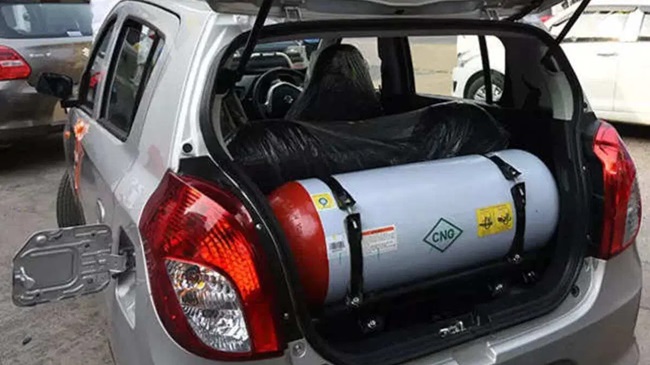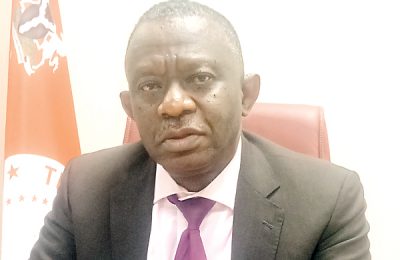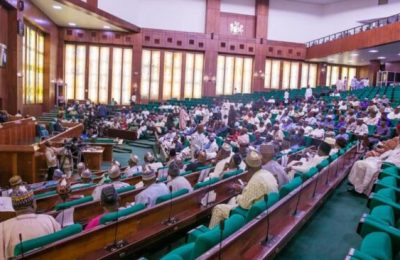The Malaysian government has announced plans to phase out compressed natural gas (CNG) for vehicles and discontinue the sale of natural gas vehicles (NGV) nationwide.
Transport Minister Loke Siew Fook discussed the transition at a recent press conference, as reported by local media outlet Free Malaysia Today (FMT). In Malaysia, CNG is commonly referred to as NGV.
Fook stated that beginning July 1, 2025, “CNG-powered vehicles can no longer be registered or used in Malaysia.”

Additionally, government-owned oil and gas company Petroliam Nasional Bhd (Petronas) will begin a staged halt in CNG sales at its stations on the same date.
With only approximately 44,383 NGVs on Malaysian roads—representing just 0.2 percent of vehicles, excluding motorcycles—the decision aims to “restore the safety of road users and the public,” according to Fook.
“The NGV tanks of these vehicles are now reaching the end of their service life and need to be replaced,” he noted, adding that “NGV tanks typically have a safe usage period of 15 years.”
Fook also raised concerns about vehicle owners who have modified their cars with liquefied petroleum gas (LPG) cylinders, which he described as “very dangerous” and noted have caused explosions in accidents.

To aid in the transition, Fook announced that assistance packages are available for owners of CNG-powered vehicles.
“Taxi drivers using NGV vehicles are eligible for a one-off RM3,000 e-voucher through Petronas’s Setel mobile app,” he explained, specifying that eligible taxis must be registered with the Land Public Transport Agency before October 1.
Owners of dual-fuel vehicles can also have their NGV kits removed free of charge at select workshops authorized by the transport ministry, provided the vehicles are registered with the road transport department (JPJ) before October 1.
“Lastly, for owners of purely NGV-powered vehicles, they are eligible for a one-off payment based on the current value of their vehicles, which will be determined by an independent appraiser,” Fook said. For eligibility, these vehicles also need to have been registered with JPJ before October 1.
Upon accepting the package, vehicles will be taken to an authorized automotive treatment facility for disposal and deregistration by JPJ.
Fook emphasised the importance of these steps to “prevent the misuse of the vehicles or any illegal modification that could endanger the public.” Payments under the support package will be processed “within three to seven working days of receiving a vehicle’s certificate of destruction and deregistration slip.”
Malaysia initially adopted CNG in the late 1990s, primarily for taxicabs and airport limousines.
READ ALSO FROM NIGERIAN TRIBUNE
Industrial sector’s 9.3% loss in October impacted NGX ASI







